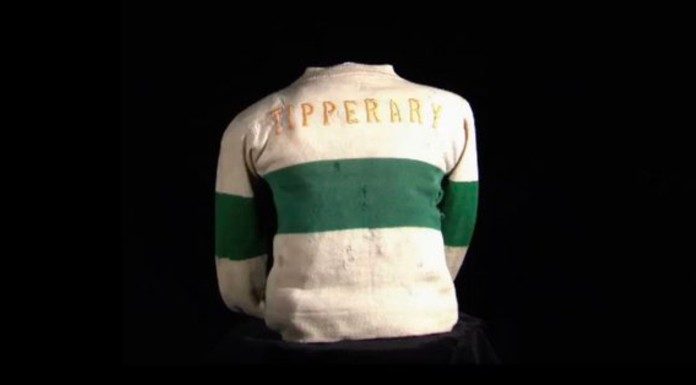The acts of Michael Collins’ IRA men and those of British forces on Bloody Sunday cannot be compared.
So says a local historian and member of the Tipperary Bloody Sunday Commemorative Committee as the centenary of the atrocity is to be marked this weekend.
There have been some suggestions that both acts were equally terrible, including by historian Ruth Dudley Edwards.
However, speaking on Tipp Today earlier, John Flannery said there’s really no camparison:
“One was a hit against known army intelligence people, and the other was an attack on innocent civilians, going about their daily business of attending a football match.
“The British knew what they were doing that morning. I mean, the details of that match were announced following a central council meeting of the GAA on the 8th of November.
“…And on the following day, the 9th of November, there was a meeting in Dublin Castle. This is actually fully documented by one of the people who attended that meeting, a civil servant called Mark Sturgis. According to Sturgis’ diaries, that game was discussed at the meeting and a decision was made there and then that the game was going to be interrupted.”
John says he doesn’t think the shooting was premeditated but that people were going to be stopped and searched and possibly detained.
14 people were killed on the day by the British forces, including Tipperary footballer, Michael Hogan of Grangemockler.
A monument to his memory has been erected in the village this week and is due to be unveiled in the near future.
John says a lot of this year’s planned commemorative events fell foul of COVID-19 but they will organise more when COVID allows:
“A lot of the things that had been planned for this year will be transferred into next year. But we will see that the victims of Bloody Sunday are suitably remembered and the trauma of Bloody Sunday on those families isn’t let lie – that it becomes an iconic part of the year ahead and that we celebrate it in a fitting manner.
“It’s an awful tragedy what has happened with COVID, because not alone Bloody Sunday, but an awful lot of other anniversaries – important dates in our history – have been forgotten.”
The Tipperary footballers will wear the historic jersey worn by the team on that day in 1920, during their Munster final game against Cork this coming Sunday.










